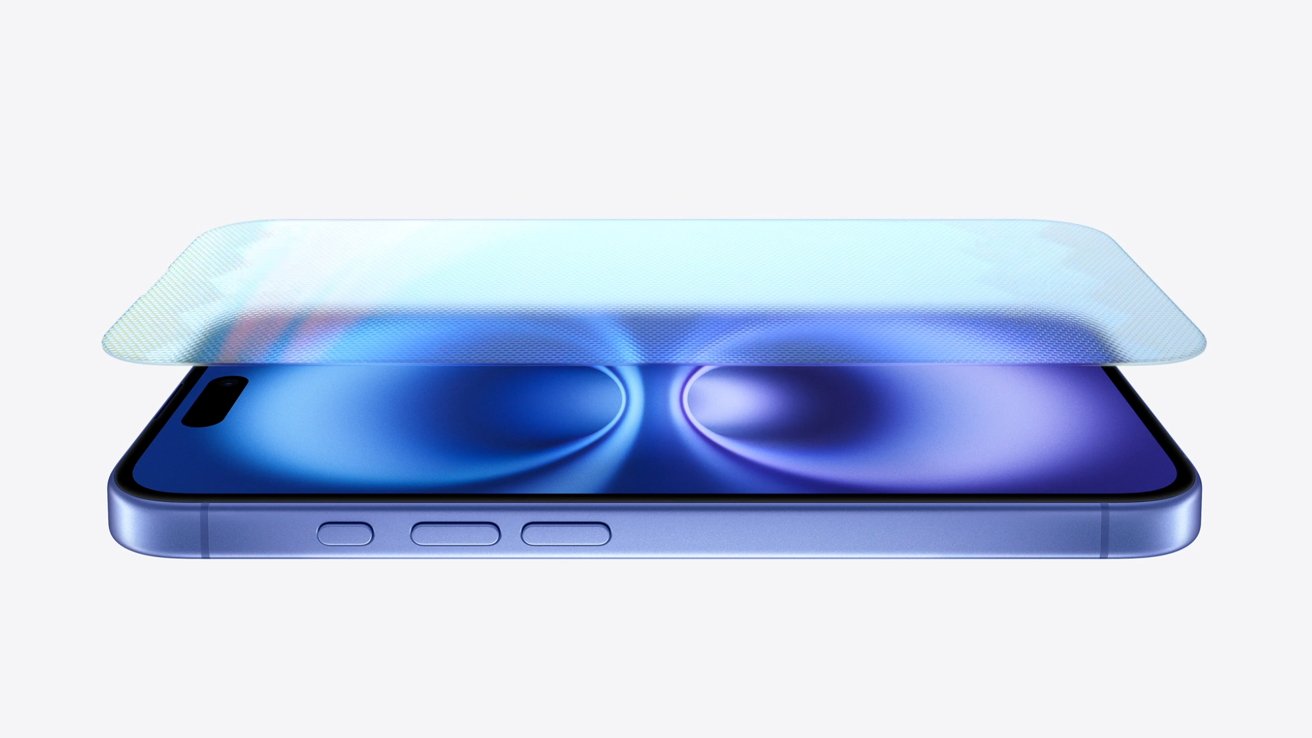The European Union is investigating Corning over concerns that the company might misuse its dominant position in the global market for alkali-aluminosilicate glass, commonly used in smartphone screens.
If you own a smartphone, chances are, the glass used to make the screen came from Corning. In 2016, the New York-based company held an impressive 73% share of the smartphone screen market, largely thanks to Gorilla Glass. Currently, Corning provides 40% of the glass for the entire display market, which includes smartphones, tablets, laptop screens, wearables, and more.
Apple’s own Ceramic Shield, which has been used on iPhone models since the iPhone 12, was developed by Corning, too.
It is because of this market saturation that the company has landed itself in hot water with European regulators. The European Commission has expressed concerns regarding Corning’s alleged distortion of competition through exclusive supply agreements with smartphone manufacturers and entities involved in raw glass processing.
Allegedly, Corning has put exclusivity agreements in place that require smartphone manufacturers to source nearly all of their alkali-aluminosilicate glass from Corning. Additionally, Corning offers rebates to companies that comply with the exclusivity contracts.
It also appears that Corning has placed similar exclusivity agreements and imposed no-challenge clauses into its contracts with companies that process raw glass.
As a result, the European Commission will conduct an in-depth investigation into Corning’s actions. Corning is allowed to submit comments to address the Commission’s concerns.
Corning receives hefty funding from companies like Apple. In fact, in 2021, Apple awarded the glass maker $45 million from the Advanced Manufacturing Fund to expand the company and its R&D.





